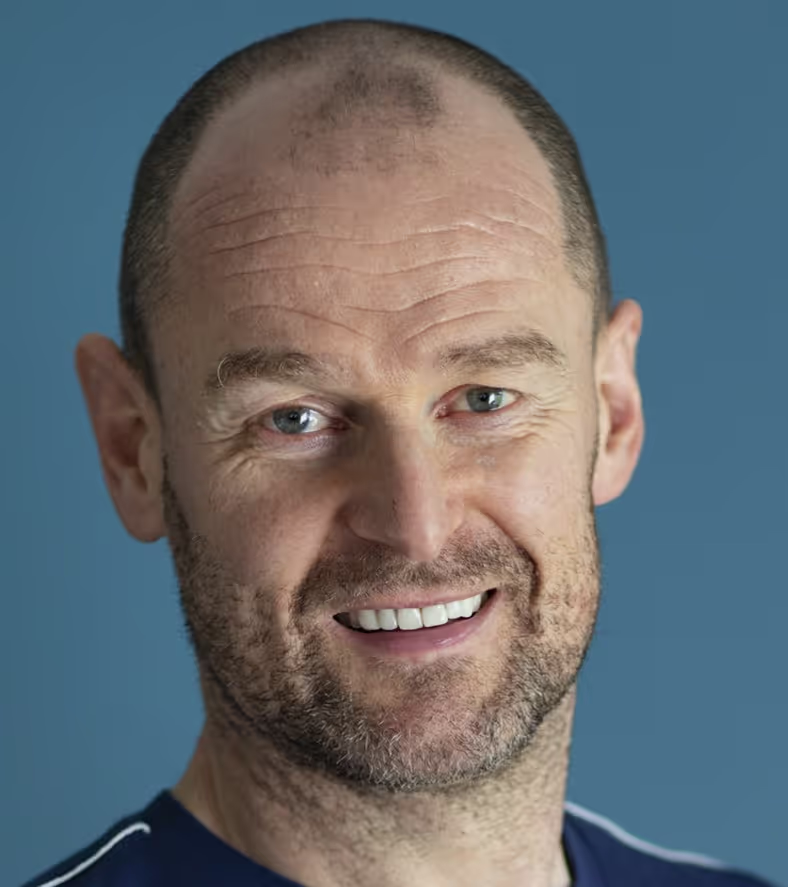Nutrition Tips from Clonmel Fitness Coach DJ O’Dwyer

Meet Your Coach
With over 30 years of experience in health and fitness, DJ O’Dwyer combines elite-level education with real-world coaching. He holds a Master’s degree in Performance Coaching, is a certified Cardiac Rehabilitation Specialist, and has worked with Munster Rugby development squads, the Tipperary GAA, Garda recruits, and hundreds of everyday men and women in Clonmel looking to live healthier, stronger lives.
At Inspire Health & Fitness, DJ leads both training and nutrition coaching — helping people get results by combining effective workouts with realistic, science-backed nutrition plans.
Why Nutrition Matters as Much as Training
You can’t out-train poor nutrition.
Whether your goal is fat loss, strength, muscle gain, energy, or general health, what you eat plays a massive role in your success. Training breaks the body down — nutrition is what builds it back stronger.
And no, you don’t need to eat “perfectly” or follow extreme diets. You need smart structure, consistency, and a plan that suits your lifestyle.
1. What to Eat Before a Workout
When to eat: Ideally, eat 60–90 minutes before training.
Goal: Top up energy and preserve muscle.
Suggested pre-workout snacks:
- Oats with milk and banana
- Greek yogurt with honey and berries
- Whole-grain toast with a boiled egg
- A small protein shake and fruit
Macros:
- ~1g of carbs per kg of body weight
- 10–15g of protein
- Stay light on fats (they digest slowly)
Hydration tip:
Drink 500 ml of water before training. Add a pinch of sea salt if you train early or sweat heavily.
2. Hydration During Your Session
Water is your best friend during training.
- Sip water every 10–15 minutes, especially during high-intensity or longer sessions.
- For workouts longer than 75 minutes, or if you’re training in the heat, consider adding an electrolyte tablet or a small dose of fast-absorbing carbs (e.g., sports drink or honey + water).
3. Post-Workout Recovery Nutrition
This is where real progress happens. The post-workout window is your chance to:
- Replenish muscle glycogen (energy)
- Begin tissue repair
- Reduce muscle soreness
- Support strength and endurance gains
The 3 Rs of Recovery:
- Refuel with carbs — about 1g per kg of body weight
- Repair with protein — aim for 25–30g of complete protein
- Rehydrate — drink 1.5x the fluid you lost (sweat, weight)
Sample meal ideas:
- Chicken, rice and vegetables
- Protein smoothie with banana and oats
- Tuna sandwich on whole grain bread + fruit
4. One-Day Sample Meal Plan (2,000 kcal)
Adjust portion sizes based on your weight and goals.
Breakfast:
Greek yogurt (200g), berries, chia seeds
Approx: 25g protein / 45g carbs / 10g fat
Lunch:
Grilled chicken breast, quinoa, mixed salad
Approx: 40g protein / 50g carbs / 15g fat
Snack:
Apple + peanut butter
Approx: 6g protein / 20g carbs / 10g fat
Dinner:
Salmon, sweet potato, steamed spinach
Approx: 35g protein / 45g carbs / 20g fat
Evening:
Whey protein shake
Approx: 25g protein / 3g carbs / 2g fat
5. Supplements Worth Considering
Supplements are not essential — but they can be helpful if your diet is lacking in specific areas. Here are the only ones I regularly recommend:
- Creatine Monohydrate (5g/day): Helps increase power, strength, and lean mass.
- Vitamin D (1,000–2,000 IU/day): Crucial for immune function and bone health, especially in Ireland.
- Omega-3 fish oil (1–2g EPA/DHA): Reduces inflammation and supports heart and brain health.
- Whey protein: Convenient way to hit your daily protein target if you're busy.
Avoid:
Fat-burners, detox teas, “skinny” coffees, and overpriced BCAA drinks. Save your money.
6. Common Nutrition Mistakes I See in the Gym
1. Skipping meals, especially breakfast
This leads to poor energy, poor performance, and binge eating later.
2. Training fasted and expecting full performance
Unless you’re advanced and doing specific fasted protocols, most people perform better with fuel.
3. Overestimating how many calories workouts actually burn
An average 45-minute session might burn 300–500 kcal — that’s not enough to justify an entire pizza.
4. Not eating enough protein
If you’re training for strength or fat loss, aim for 1.6–2.2g of protein per kg of bodyweight daily.
5. Poor sleep and high stress
No nutrition plan works well if you're consistently sleep-deprived. Hormones like cortisol and ghrelin can increase cravings and stall progress.
Your Next Step
If you’re training hard but not seeing the results you want, it’s probably not your effort — it’s your plan.
A structured, personalised approach to food can make a huge difference. At Inspire Health & Fitness, we offer 1:1 nutrition coaching, body composition check-ins, and support designed around your goals.
Want to feel stronger, leaner, and more energised?
👉 Book a nutrition consultation
👉 Or get in touch to learn more.
Join Our Fitness Community Today
Stay updated with our latest tips, classes, and wellness insights by subscribing to our newsletter.

Fitness Tips, Strength Training & Nutrition Advice from Clonmel’s Top Gym
Explore expert-backed articles on training, fat loss, and fuelling your workouts — written by the coaching team at Inspire Health & Fitness, Clonmel’s leading strength and conditioning gym.
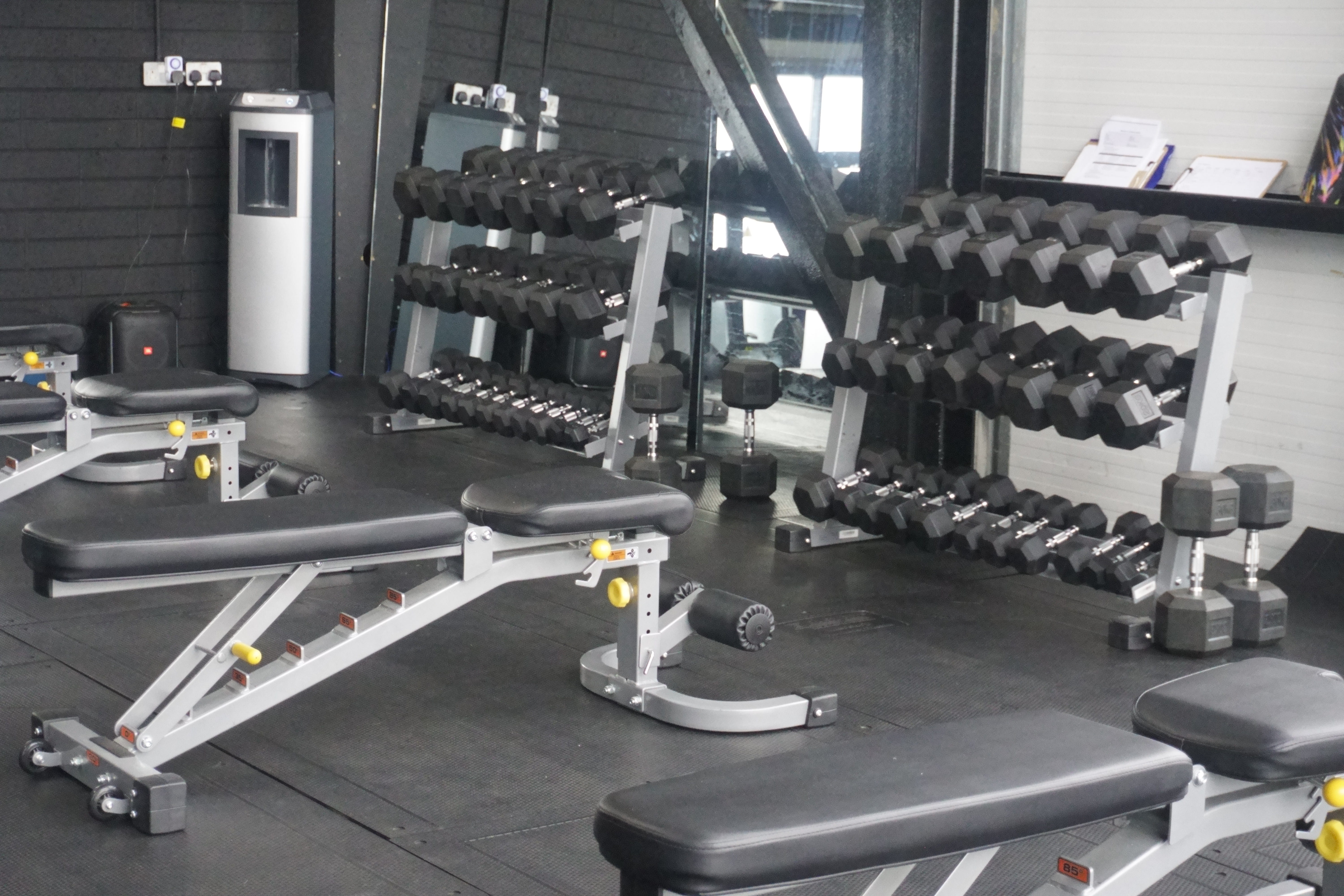
Why the Modern Fitness Industry Fails and How We Do It Differently in Clonmel

Why Midlife Feels So Overwhelming: Understanding Perimenopause, Hormones, and Stress

Strength Training Pain Explained: A Guide to Injury, Soreness, and Recovery

The 3 Pillars of Smarter Training for Lasting Fitness Results

Over-40s & The Unspoken Panic: Why You Must Lift Weights (It's Not For Looks)
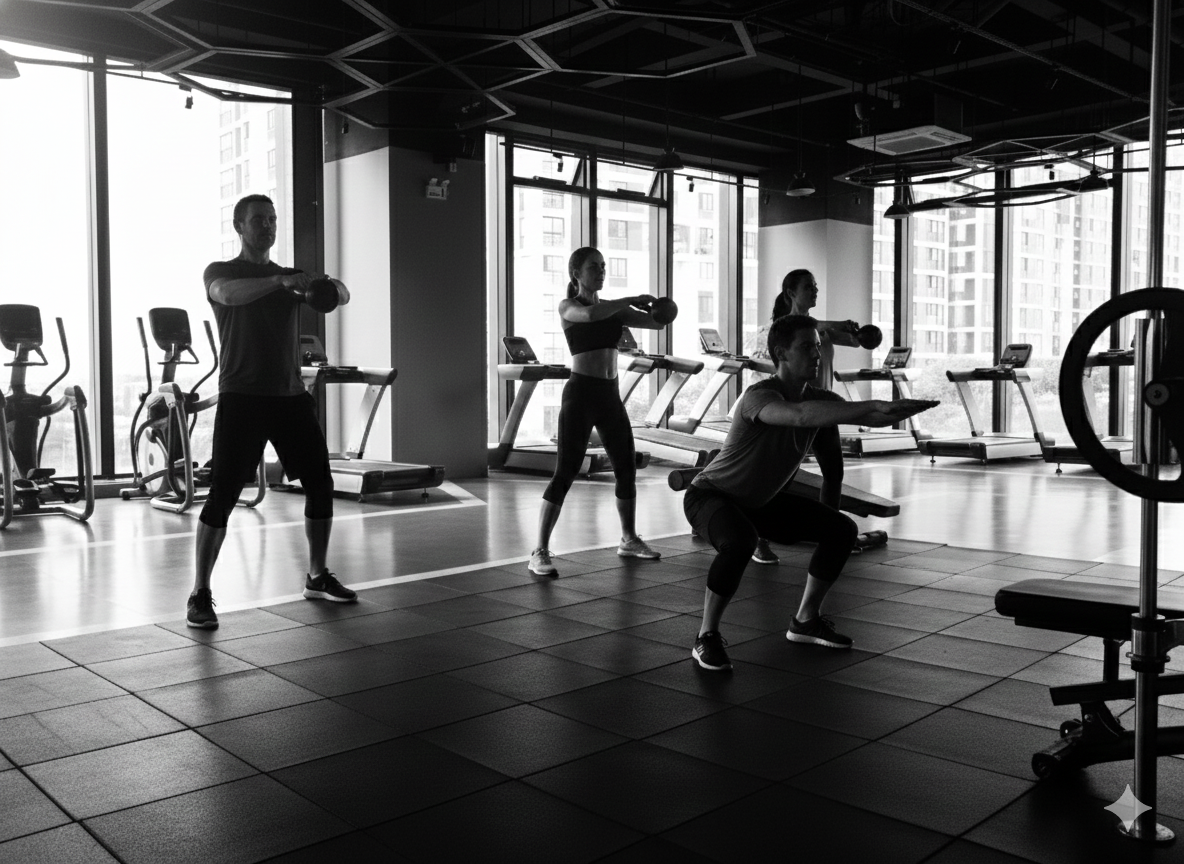
The "Restart Every Monday" Cycle: Why Your Willpower Isn't the Problem
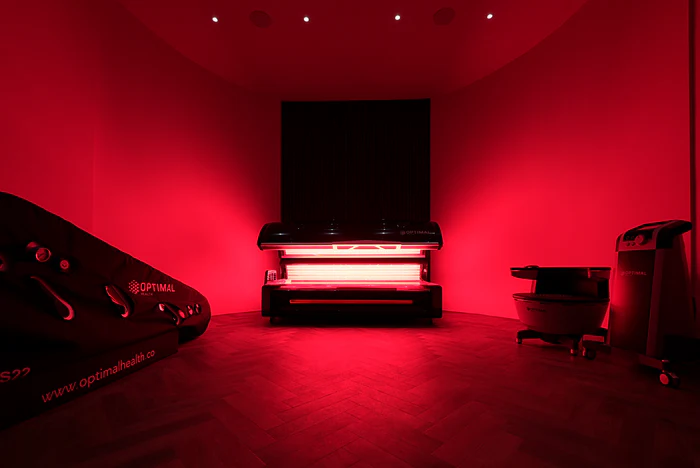
Infrared Therapy: Deep Warmth, Easier Movement, Better Sleep
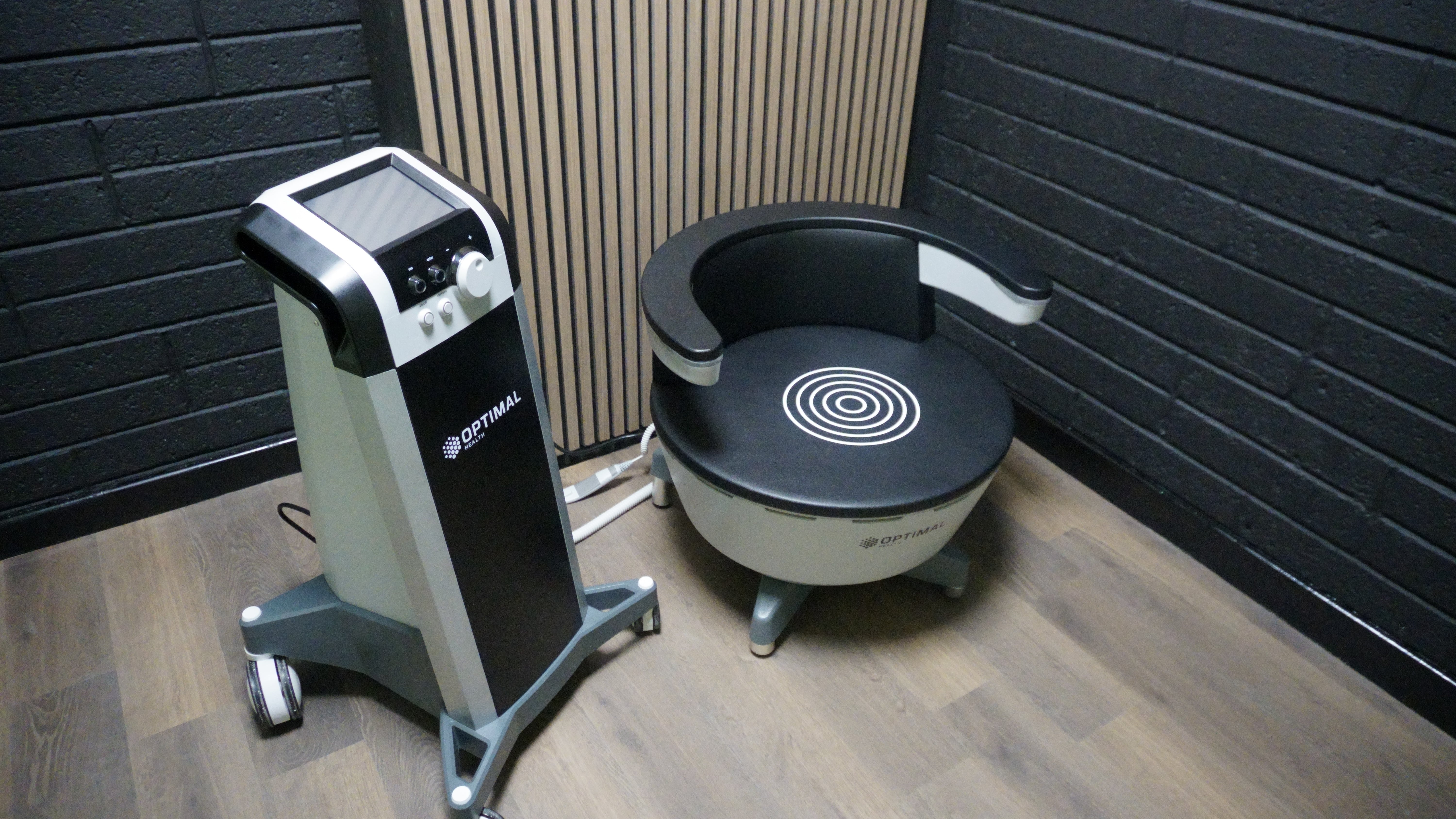
PEMF Therapy: A Simple Way to Loosen Up, Lift Energy, and Feel Better Day to Day
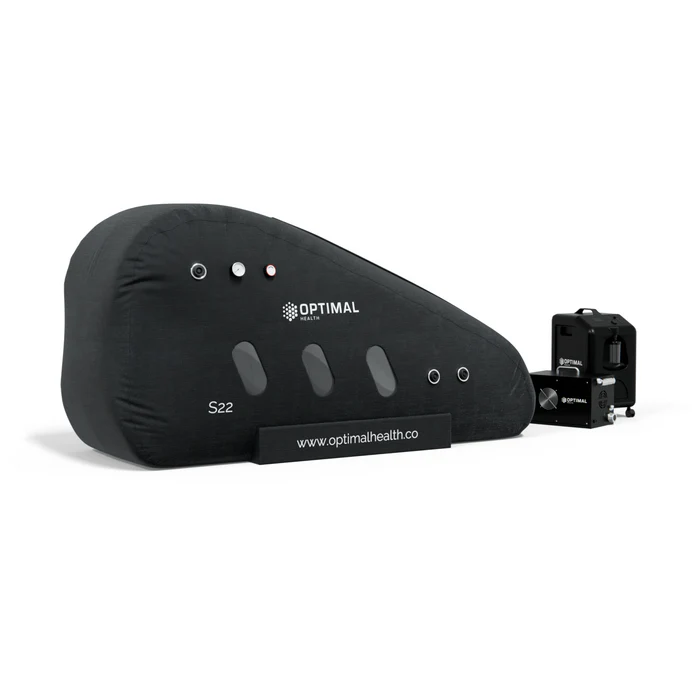
Hyperbaric Oxygen Therapy (HBOT): A Simple Way to Feel Clearer, Calmer, and More Energised
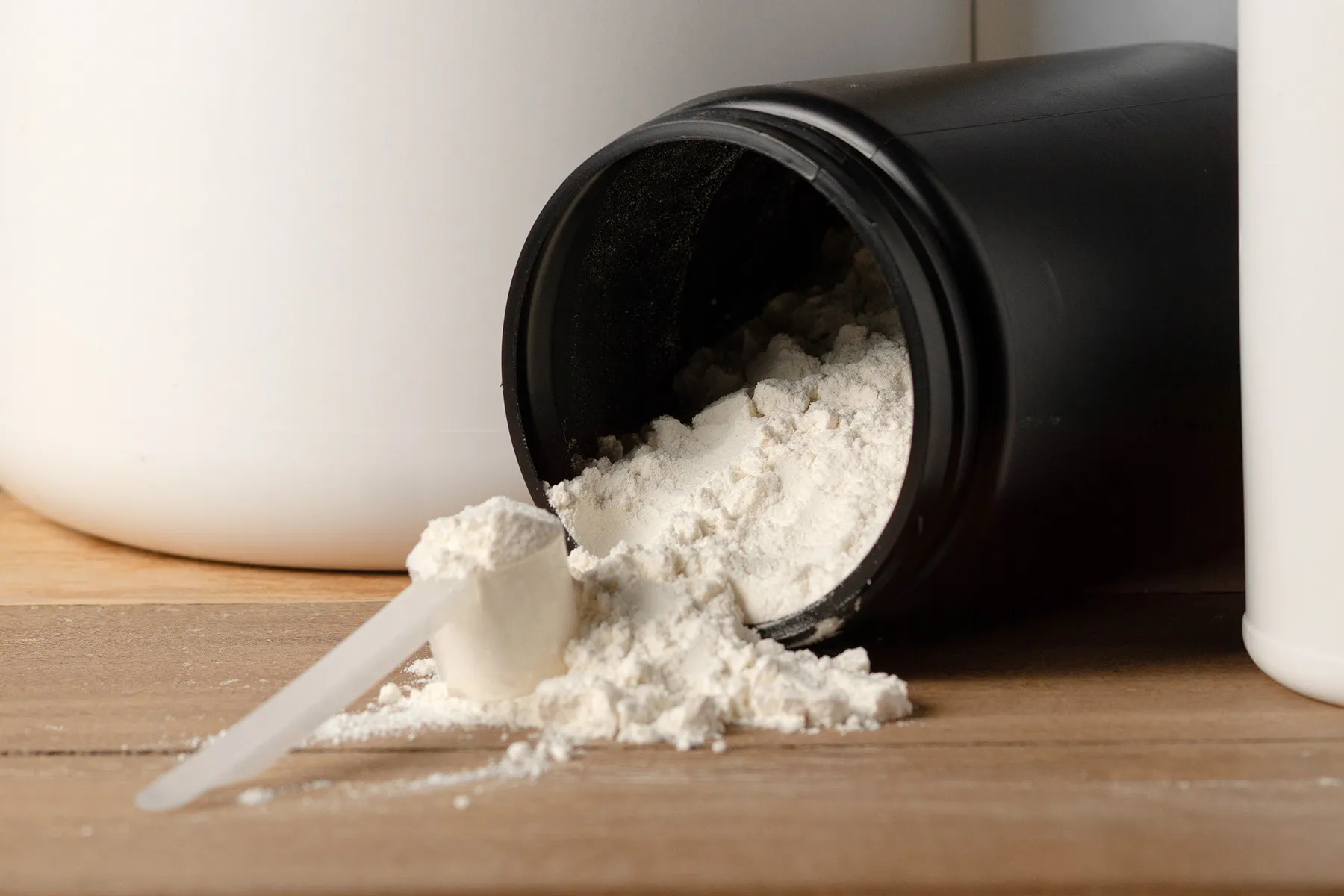
Top 5 Evidence-Based Supplements That Work | Inspire

Exactly What Happens in Our 8-Week Program (Weeks 1–8)
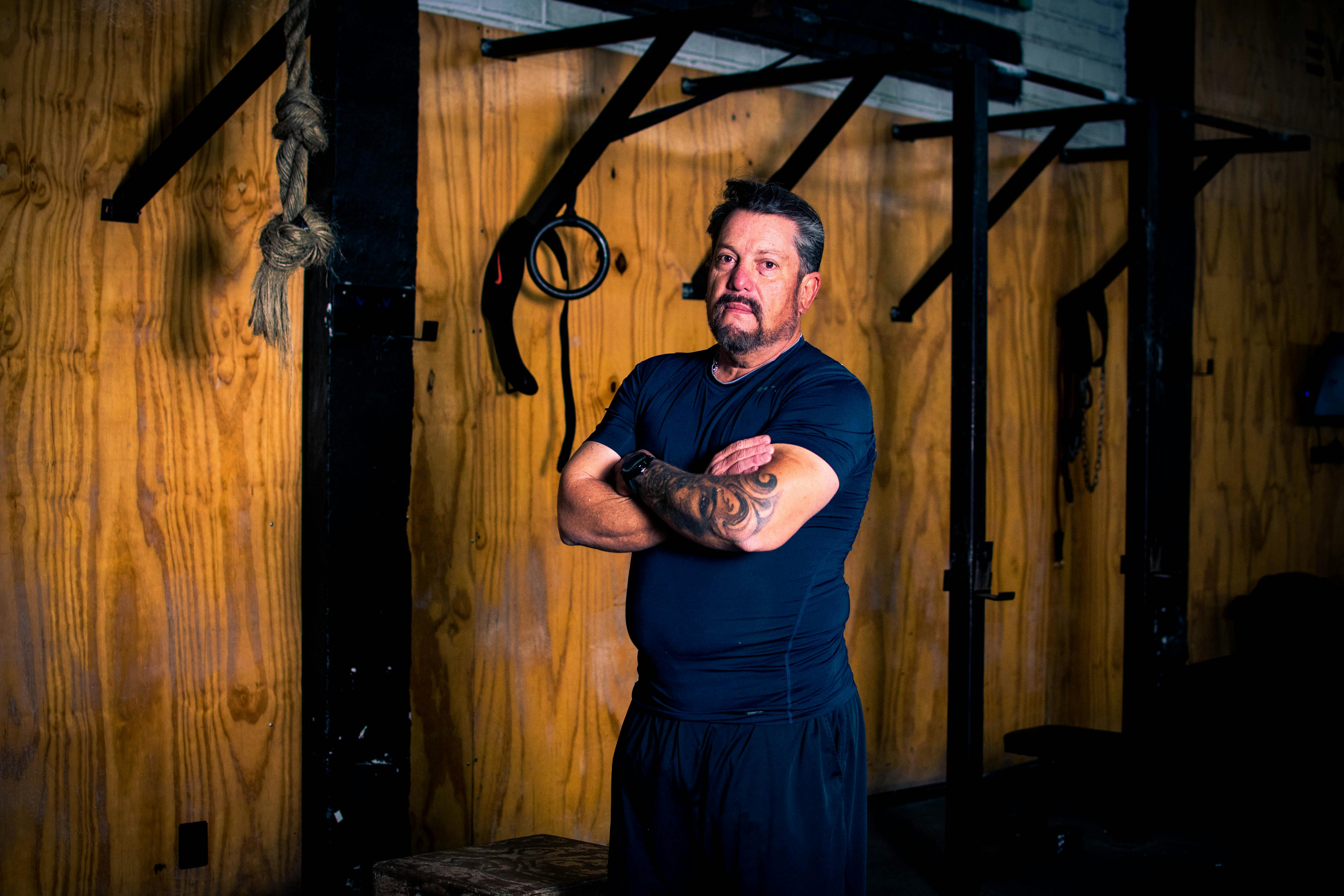
Strong Over 40: Strength, Hormones & Recovery | Inspire

How to Stay Consistent When Motivation Drops
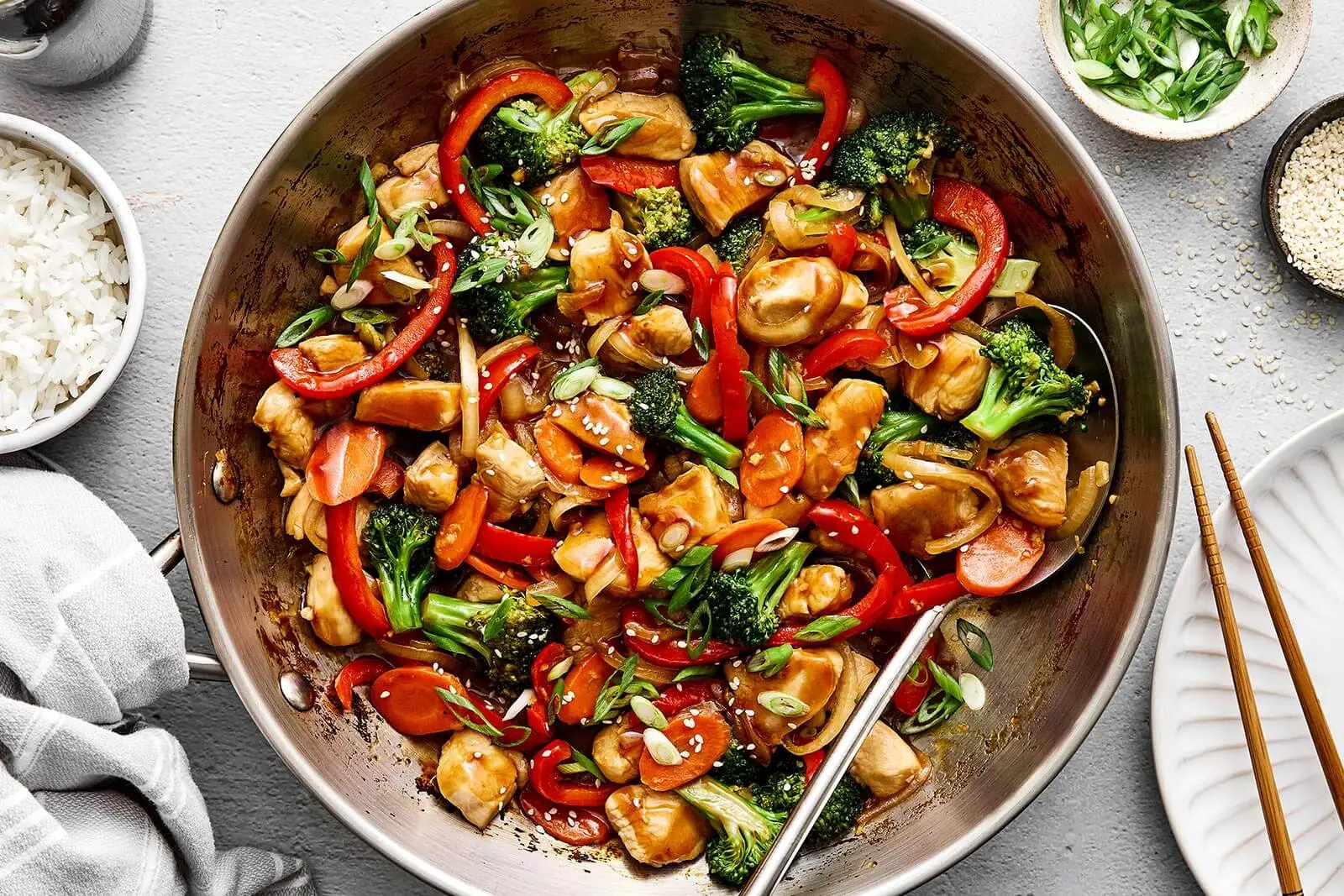
Simple High-Protein Meals That Work for Busy People
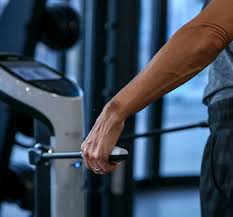
What an InBody Scan Reveals About Your Progress (Beyond the Scales)
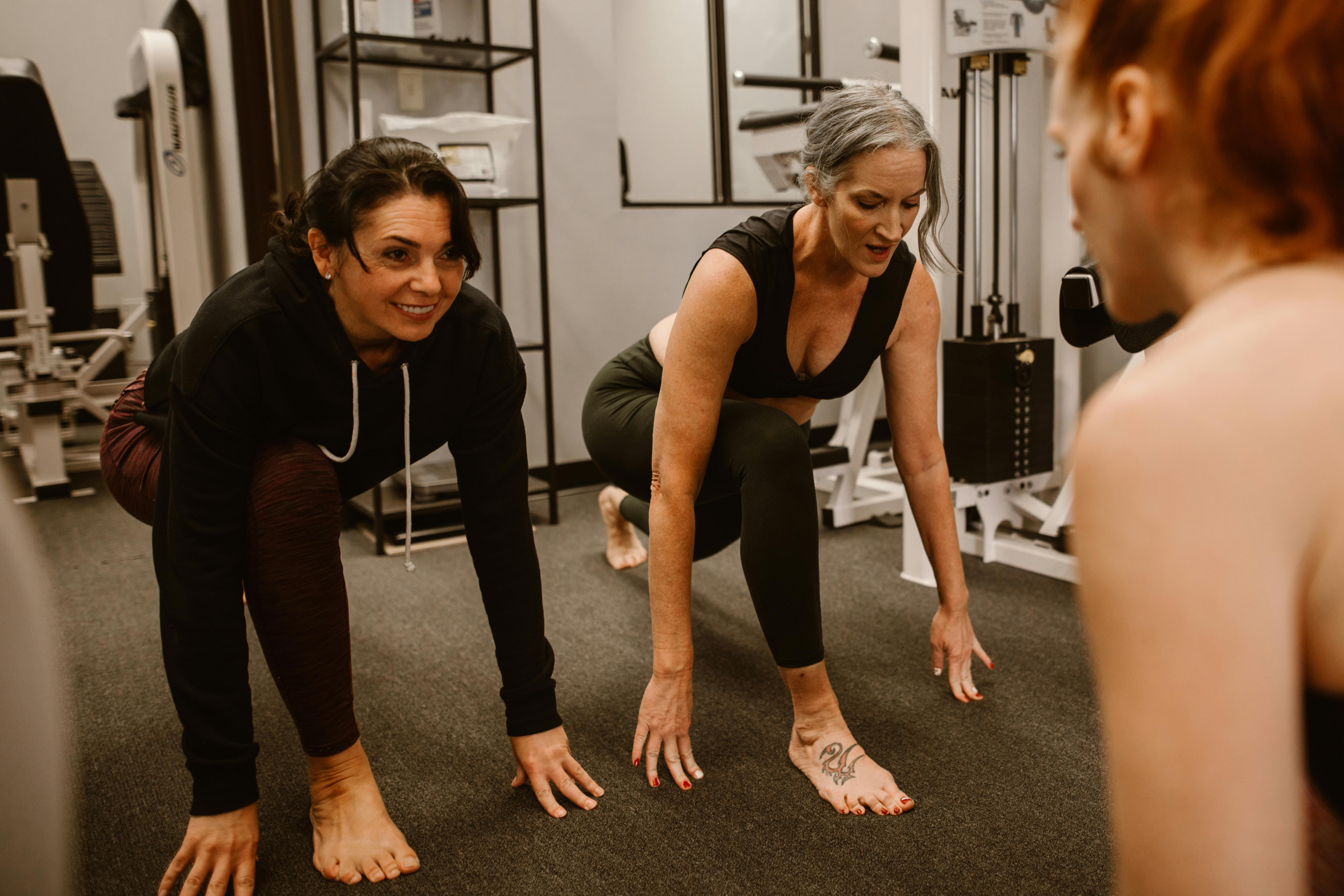
5 Ways to Break Through a Training Plateau
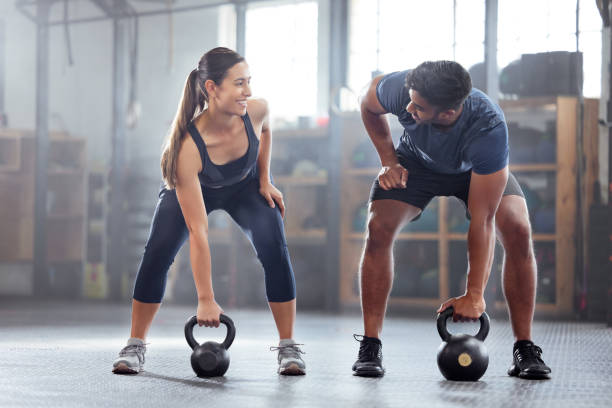
Why Small Group Personal Training Gets Better Results Than Classes or Going Solo
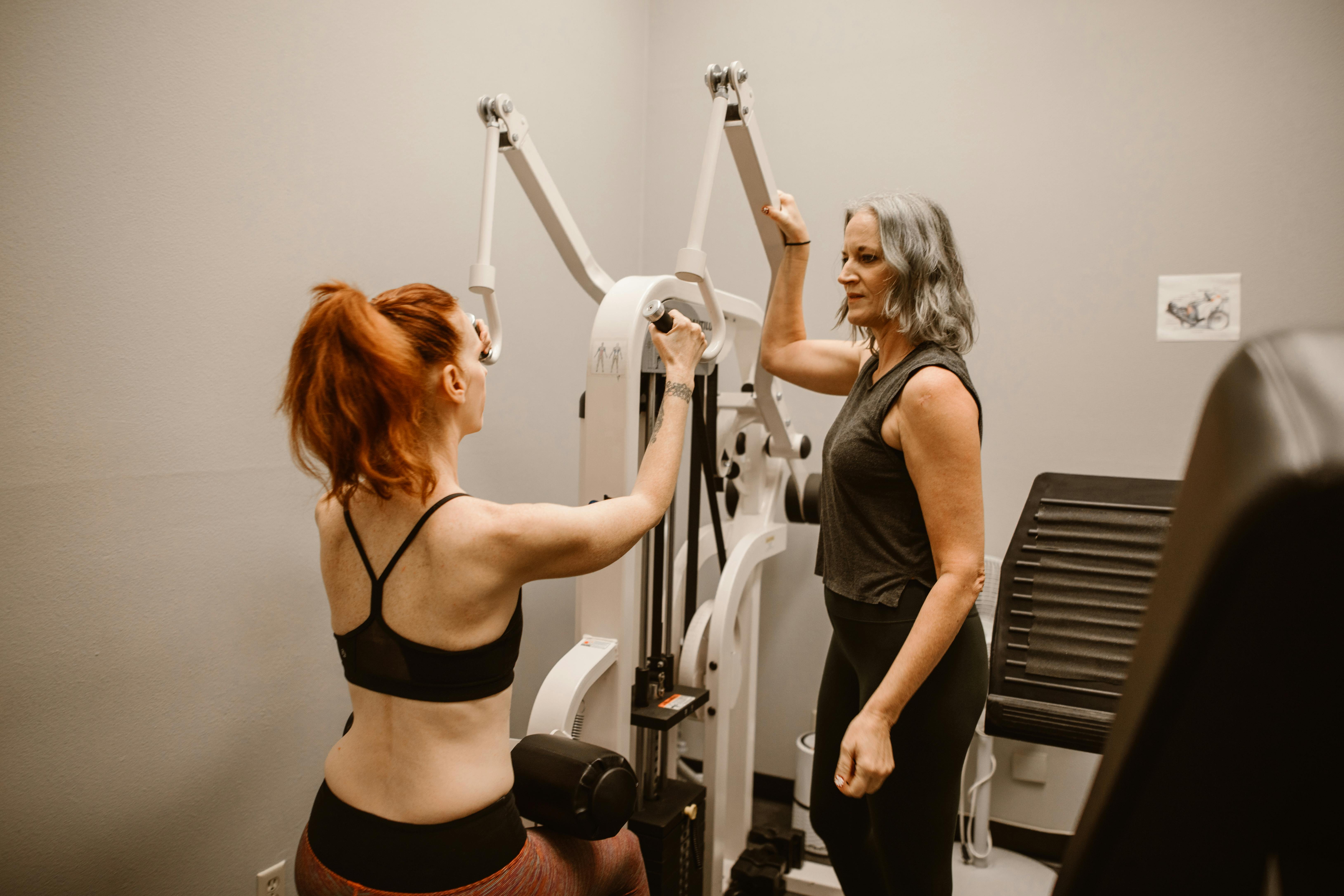
Menopause, Hormones & Strength: The Midlife Training Guide for Real Results

What to Eat Before the Gym: Fuel Your Workout for Maximum Results

The Top 5 Mistakes People Make When Trying to Get Fit (And How to Avoid Them)

How to Build (and Keep) a Fitness Routine When Life Gets Busy

No Time? No Problem: 5 Fast & Effective Workouts for Busy Lives

Best Fitness Classes in Clonmel: What’s the Right Fit for You?

Nutrition Tips from Clonmel Fitness Coach DJ O’Dwyer

Strength Training vs Cardio: What’s Best for Your Goal?
Stay Updated with Inspire
Subscribe to our blog for the latest posts, tips, and exclusive offers from Inspire.


